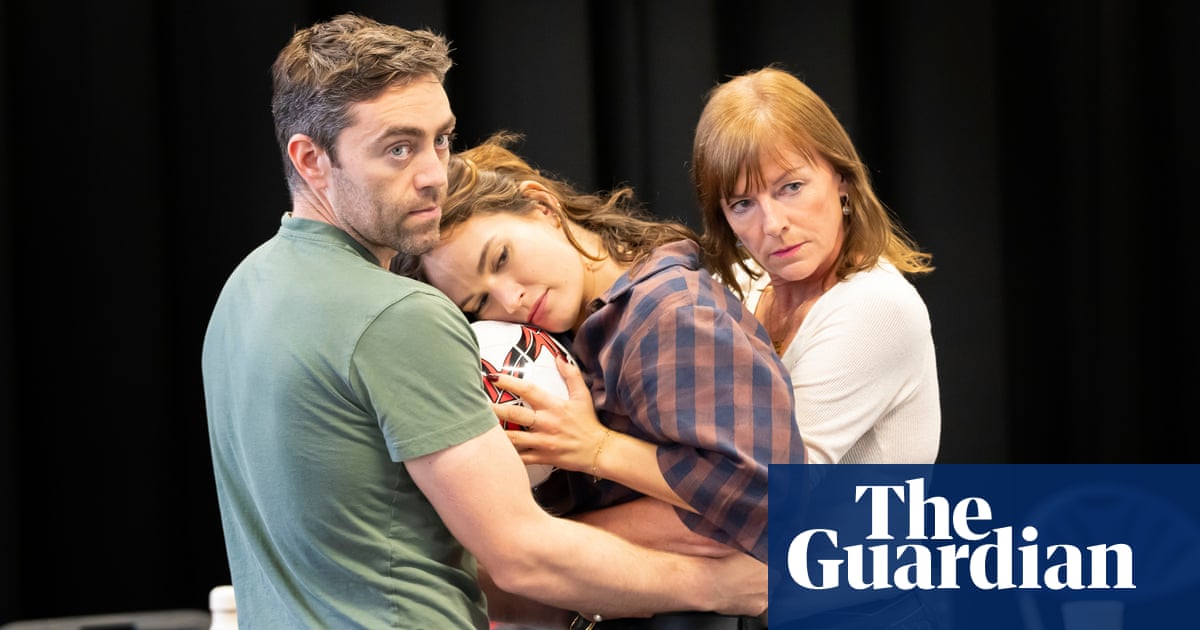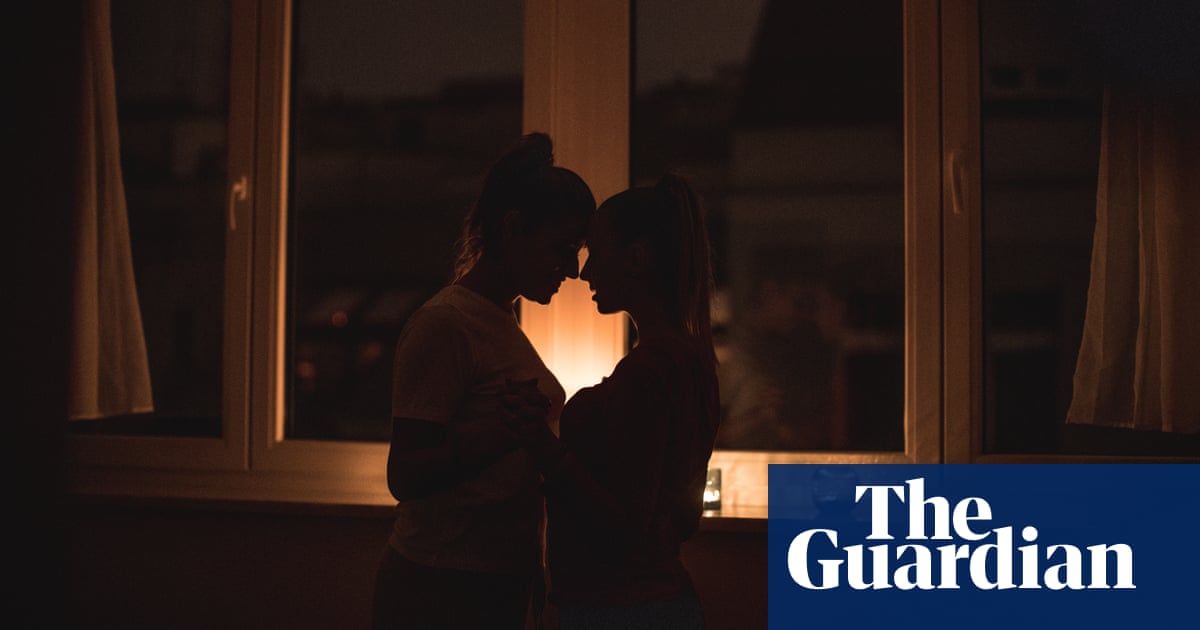
ou will always remember the place where you spent your formative years. For me, that place was the North Peckham estate in south-east London. It may come as a surprise to people who have heard it described as a notorious place that many of my memories there are happy ones – of never-ending summers and picnics and badminton. However, until last year, I hadn’t been back since 2001, because of something that happened when I was 11. My neighbour, who had in the space of a few months become like another brother to me and my siblings, was killed. His name was Damilola Taylor. Like so many children who die in tragic circumstances, his picture and his story remain familiar across the country.
Up until then, I had had what I thought was an idyllic childhood – an urban version of living in the countryside. I was one of seven, and all the kids on the estate went to school together, hung out at home together, ate together. You could eat dinner at anyone’s house. Now that I am an adult, I realise it was probably because a lot of the parents worked nights and everyone was looking after each other’s kids. But when I was younger, it was just a big, extended playtime.
I remember the day that Dami arrived, in August 2000. It was common to have new kids popping up from around the world – Nigeria, in Dami’s case – even though the estate was in the process of being demolished at that time. There was an auntie on the sixth floor – not my actual auntie, but we called every older person uncle or auntie. She called down to my friends and I while we were playing on the grass. She told us that her son was coming down and that we needed to play with him. She hung over the balcony with her gele – her headscarf – on and watched him come down to meet us.
Dami was 10, a year younger than me. He was loud and very tactile. We got into a few fistfights, although it was never serious – we were just kids, messing around and being naughty. He was definitely the most fearless of our group – he would be the one riding his bike down the biggest hills or walking on the highest balconies. My dad is from Nigeria, too, so there was a kind of affinity between us. I remember when it started to get cold – he was flabbergasted at the weather, because he was from a warm place and was used to wearing shorts all the time. He had that big silver jacket on, the one he was wearing in November, all the way from August. I think he was excited to be here and he had all these kids wanting to be friends with him.
I would be lying if I said that North Peckham seemed like a safe place – I had seen police and sirens many times before. But there was just something different about that day – 27 November 2000. The police locked down the estate. I remember our living room was lit up with blue and red flashing lights. My mum told us to get an early night – I think she probably knew someone had been killed, but I don’t think she knew who it was. I was off sick from school the next day and when I came downstairs the morning news bulletin was on. Dami’s photo flashed up. I remember being so confused, because I had seen him the previous morning. The bubble I had been living in was shattered. Between November and April, when we left the estate, I didn’t see my friends again. A lot of people moved out quickly and we were one of the last families to be rehoused by the council.
As my life continued, I avoided the truth of what had happened. I had friends from every other area of my life, but I didn’t speak to anyone from North Peckham again. Last year, I decided it was time to confront it. I would make a film about Dami, 20 years on, to show people that he mattered. As with so many cases, from Sarah Payne to James Bulger, people know his picture and his name, but I wanted them to have another view on who he was – I wanted people to know that he wasn’t destined to be a victim. As someone from Peckham who has gone on to have a successful media career, I wanted to show that I am not the diamond in the dirt and that there is light and shade in every situation. I wanted to show his dad that he was loved and that his death wasn’t inevitable because of where he landed.
I reconnected with others who had lived on the estate to share our memories. It was cathartic; I had buried my head in the sand and built this happy, wacky persona, but there was this dark thing that I had never spoken about with anyone, not even my mum when she was alive. It was therapeutic to have those conversations, although it was tough to relive the trauma. No kid should have to walk past the spot where their best friend was killed for five months. The police left the crime-scene tape blowing in the wind and I would run past it every day.
When we first started making the documentary, I found it hard to make sense of the two sides of North Peckham. There were the long summers and the water fights and the games – and then there was this. Looking at the archive footage and seeing cockroaches and remembering how our walls would move – things like that consumed me. I think it was speaking to Francesca, one of the friends with whom I reconnected, and looking through her photos of us there that made me realise that two things can be true at the same time. I can have my nostalgia, my summers and my Christmases while also accepting that terrible things happened there, that is was a violent place. Long before we moved to North Peckham, a major tragedy was considered a “when” rather than an “if”.
I often think about what Dami’s life might have been like. When I was at university, I wondered what he would have studied – would he have gone on to be a doctor or a lawyer or another profession expected by our Nigerian parents? Would we have been close? Or would he just be someone on Instagram saying: “Hey, remember me?” I don’t know if he would have been somebody I would have had a coffee with or someone I would have just bumped into. Those are questions we will never answer – and that is where the tragedy lies. “What if?” kicks you in the gut.
Hopefully, the programme shows that, for the short time he was with us, Dami was loved by our community. He was a vibrant kid with a life to live – and he was our friend.












